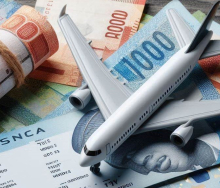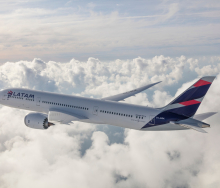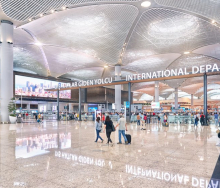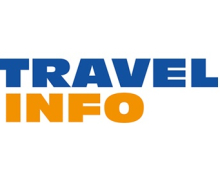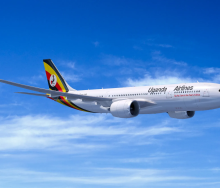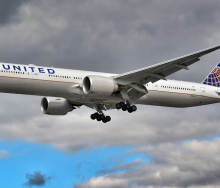Skiplagging frequency appears to be increasing among younger generations, as airfares surge ever upwards, according to a survey of 1 000 American flyers conducted by website passport-photo.online.
More than 64% of the respondents said they skiplag at least 25% of their flights annually, with Gen Z passengers in the lead.
What’s more, posts on new social media applications which target Gen Z audiences, such as Tik Tok, promote skiplagging as a cost-saving practice. There are even certain websites dedicated to this practice, but they are under threat of legal action from the airline industry, which sees them as undermining fares and breaking the rules of carriage. See the October 2023 article in Travel News discussing the practice of skiplagging.
South African agents seem to take a business-minded view of skiplagging. One reader, Paula Martini, responding to the abovementioned article in Travel News said: “It's been a long-standing concern in the industry. Social media, especially TikTok, has unfortunately promoted this practice. As an industry veteran of over 30 years, I've seen the impact on agencies through ADMs.” Martini knew of an agency’s closure due to ADMs issued as punishment for booking skiplags.
According to the survey, 18% of the respondents said that skiplagging reduced costs, while 17% said it offered more convenient departure and arrival times, and 14 % said it offered direct flights on desired routes where there currently were none.
Travel News conducted a poll asking its agent readers whether they would engage in the practice of skiplagging upon requests from clients. While 91% said they would not, 9% said they would.
The increase in skiplag-supporting perspectives has reignited conversations about the repercussions.
Between 2018 and 2019, Lufthansa attempted to sue a passenger for skiplagging, to the tune of $2 300 (R43 846), the direct fare avoided by the skiplagger. But the Berlin court dismissed the lawsuit, despite multiple appeals by Lufthansa. According to travel website thepointsguy.com, that was probably due to the fact that it is difficult for airlines to prove that passengers purchase flights with the deliberate intention of skipping a leg of the journey. But the same cannot be said for travel agents booking skiplags for clients.
According to an Iata spokesperson, airlines that fall under Iata’s Resolution 830a from the Passenger Agency Conference Resolutions Manual settlement system, can take independent action where travel agents willingly and knowingly contravene the published fare rules of the airlines.
“Such action includes charging the agent the difference between the fare applied and the fare applicable to the actual service provided or flown,” explains the spokesperson.
So clearly, the consequences for skiplagging are uneven, depending on who booked the fare and where.
Repercussions against consumers will probably remain very difficult to enforce as there is a need for legal action. But the airline can bring down other consequences for passengers who are found to have skiplag tickets – these include the closing of frequent flier accounts, the airline banning the customer totally, or the airline cancelling the return ticket for passengers who skiplag on the outbound flight and, lastly, the airline taking legal action against the passenger.
Likewise, websites that specialise in this practice will be hard to shut down, with legal action necessary there too.
But the repercussions against Iata agents are much easier to enforce, with ADMs easily issued via the BSP system.


